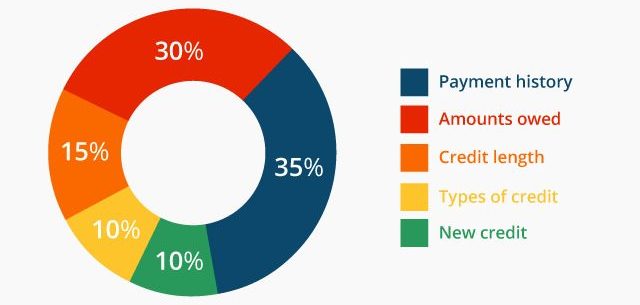
Gather Your Team Together
June 19, 2018
Salons – Ancient Industry Thriving In Revenue
June 27, 2018Years ago, I had occasion to get to know Jason Ohler, a professor at the University of Alaska and a former student and protégé of Marshall “The medium is the message” McLuhan. Like McLuhan, Jason realized that technology is more than just a tool: It represents a tradeoff. We see the things that it gives us, but we’re often not aware of the things it takes away.
As an example, think about what television gives us, and what it takes away (paraphrased from “Taming the Beast: Choice and Control in the Electronic Jungle”):
- Television introduces us to new ideas that stimulate our imaginations; but at the same time, it robs us of our ability to imagine.
- Television allows us to experience cultures worldwide from the comfort of our homes; but at the same time, it obliterates cultures by blanketing them with misleading and irrelevant images of who they are.
- Advertising on television allows us to get free programs, many of which are enlightening and help us understand who we are; but at the same time, it limits interpretations of reality to what those advertisers are willing to pay for.
- Television provides a meta-perspective, documenting our changing times so that we might better understand our world; but at the same time, it accelerates the pace of change to a rate faster than can be responsibly assimilated.
So television gives but it also takes away, just as a car increases how far we can travel but allows our legs to grow weak from lack of use.
Credit gives us freedom of choice – but it also enslaves us
Credit allows us to pull our future purchasing power into the present, meaning we have resources we wouldn’t otherwise have. If we’re broke and our car breaks down, we can use that credit to buy a new one, get the current one repaired, or at least get a rental car while we plan our next move. And if we’re cash-poor, credit means we don’t have to buy the cheapest products: We can buy the good-for-us salad rather than the one-dollar fast food meal.
But using that credit means we have an obligation to pay back the money we borrowed, and then some. It means we have to work, even if we hate our jobs. The things you bought with credit become anchors, preventing you from making many choices in the future.
Credit allows us to buy things we want now – but it also increases the price of those things
Credit allows us to acquire more than we otherwise could. But what happens when demand increases, and the number of goods remains the same? Prices go up. Consider what happened to prices once we really opened the floodgates on credit, when we officially left the gold standard (chart from “How You Got Screwed”):
Credit gives us instant gratification – but it also destroys the ability to plan long-term
When you can have anything you want the moment you want it, the old habits of saving up for something (or, god forbid, doing without) tend to fade away. This shows up most noticeably in our widespread failure to plan for retirement. As The Fool website reports, “According to the U.S. Census Bureau’s data, the typical American’s net worth at age 65 is $194,226. However, removing the benefit from home equity results in that figure plummeting to just $43,921.”
Credit allows us to have new things – but it also encourages a throwaway culture
Back in the olden days, people tended not to throw things away at the first hint of wear. Clothes got mended; appliances got repaired. But today, we’re much more likely to throw things out and buy new, depleting our resources and filling our landfills.
Credit allows businesses to grow – but it also allows bad choices and prevents creative destruction
Credit today is the lifeblood of business, essential for starting up, managing cash flow, and underwriting new initiatives. But it also allows businesses that are not financially viable to keep going, preventing the market from clearing. Tesla, for example, has never made a profit and probably won’t for the foreseeable future, but it survives through stock sales and debt issuances. Netflix is in the same boat. Keeping companies alive on credit prevent the kind of creative destruction that clears the market, allowing viable companies to fill those spaces.
Credit allows us to tap into the labor of others – but it also allows us to forego self-sufficiency
When we have more purchasing power, we tend to look for ways to make our lives easier. As a result, we may order takeout food rather than cook for ourselves, or we may hire painters rather than lose a weekend painting a room. All that outsourcing allows our skills to atrophy, or never even develop in the first place, making us more dependent on others to do the things we no longer are able to do.
Is it worth it? That’s a value judgment. Credit is just a tool, and it can be used well or used poorly. But it would help all of us if people fully understood the tradeoffs they were making when using credit, rather than just accepting it as a purely good thing in their lives.


